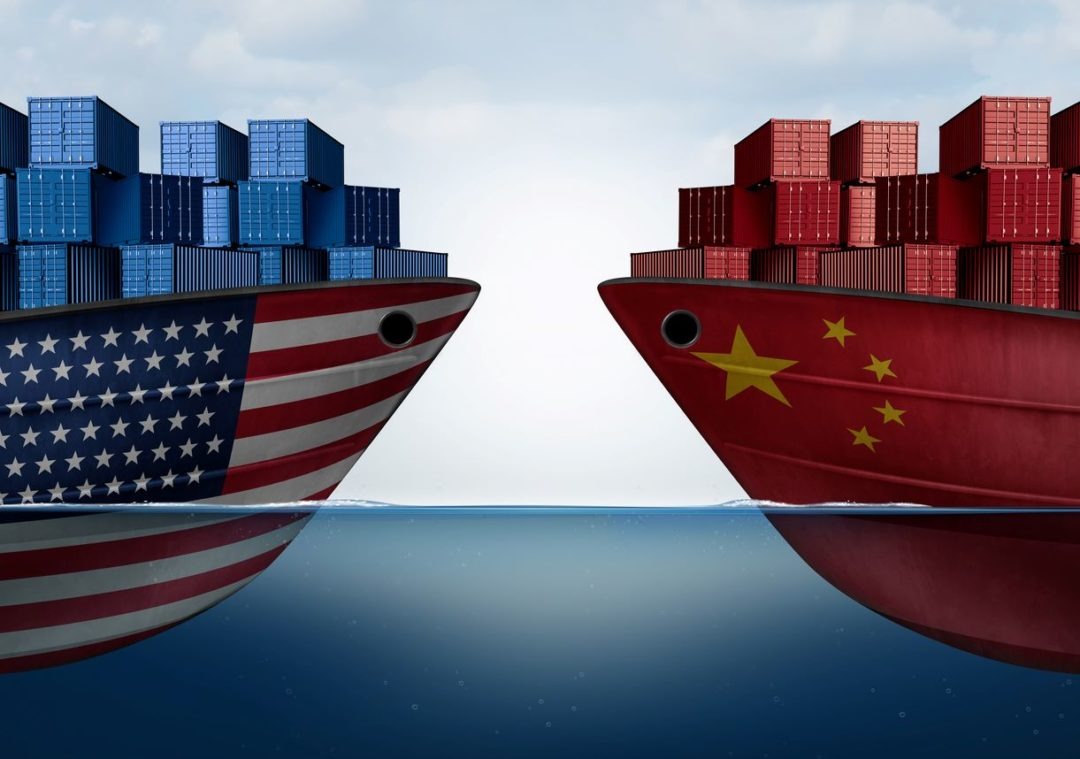The newly elected US President Donald Trump’s recent promise to slap new tariffs on Canada, Mexico, and China represents a sharp change in trade policy that might spell doom for global trade. His proposition, which comprises a repetition of his former protectionist policies on trade, sparks many questions regarding the implications on international relations, economic growth, and stable supply chains across the globe. Trump’s rhetoric, appealing to American nationalism
and economic protectionism, seeks to protect home-country industries from foreign competition.
Trump’s Trade Policy Milieu
Earlier, in his presidency, Donald Trump was a vocal critic of trade agreements and the global trading system. He repeatedly claimed that the trade agreements were unfair to American workers and industries, especially NAFTA and the WTO. The foundation of Trump’s “America First” agenda was the idea that unfair and “unbalanced” trade conditions were being used against the United States, particularly by nations like China, Mexico, and Canada, who were thought to be benefiting more than anyone else from the US economy. Even India has been removed from the GSP system following this rhetoric.
In 2018, Trump imposed heavy tariffs on steel and aluminum imports and hundreds of Chinese goods, claiming such tariffs would level the playing field for American manufacturers. Though the steps led to some renegotiations, such as the United States-Mexico-Canada Agreement (USMCA) that replaced NAFTA, critics said that such tariffs could provoke retaliation from trade partners, disrupt supply chains, and increase costs for U.S. consumers and businesses.
Reigniting Trade Wars
Imposing new tariffs against Canada, Mexico, and China is an intensification of rhetoric in a “trade war” by Trump. The three countries are important players in the global economy as well as in U.S. trade.
In a move that would seem to contravene a free-trade agreement, Trump, who takes office on January 20, declared he would put a 25% tariff on imports from Canada and Mexico until they crack down on drugs, especially fentanyl, and migrants crossing the border. He also mentioned “an additional 10% tariff, above any additional tariffs” that would be aimed at Chinese imports. For several years now, the trade between the U.S. and China has been one of the most major in
the global arena. Trump says China unfairly practices trade with itself, including intellectual property theft and currency manipulation, which he claims undermines American industries. The trade war between the two countries has been causing billions of dollars in tariffs so far.
To the U.S., Mexico is the third-biggest trading partner, and the USMCA was meant to cement this relationship. But the administration’s focus on border security and immigration issues has sometimes been translated into economic policies that are likely to strain ties with Mexico. New tariffs for Mexican goods would likely provoke retaliation not only from Mexico but from other Latin American countries, which might view such moves as a threat to regional economic
cooperation.
Despite Canada’s long history of a sound economic relationship with the U.S., Trump has often condemned Canada’s trade policies, especially regarding dairy products. The USMCA agreement between the two countries satisfied some of those concerns, but new tariffs would undermine these agreements and significantly affect agricultural, auto-manufacturing, and energy-based industries, which might sour a long-term trade partnership and lead to economic
instability.
The Ripple Effects
A further new tariff imposition would lead to a “Domino effect”, where countries retaliate against U.S. exports. Directly affected will not only be the targeted countries but also global trade because already existing trade agreements and international supply chains would be disrupted. For example, retaliatory tariffs could be imposed by European countries, thus widening trade tensions and fragmenting the world trading system. In addition, tariffs increase the price of foreign goods, pushing that increase down to a consumer.
The Road Ahead
Protectionism , escalating trade wars, economic instability, and higher consumer prices all may arise as ripples, threatening to undermine the larger objectives of increasing U.S. competitiveness. Overall, the move threatens to further splinter the global trade system and could have a strong, detrimental impact on economic growth, at home and abroad.
Author: Ms. Anadhi Sharma, Bachelor in Political Science, Hindu College, University of Delhi
Disclaimer – The views and opinions expressed in the commentaries/blogs/articles are those of the authors and do not necessarily reflect the official policy or position of the Forum for Global Studies.

